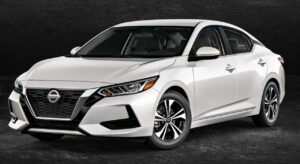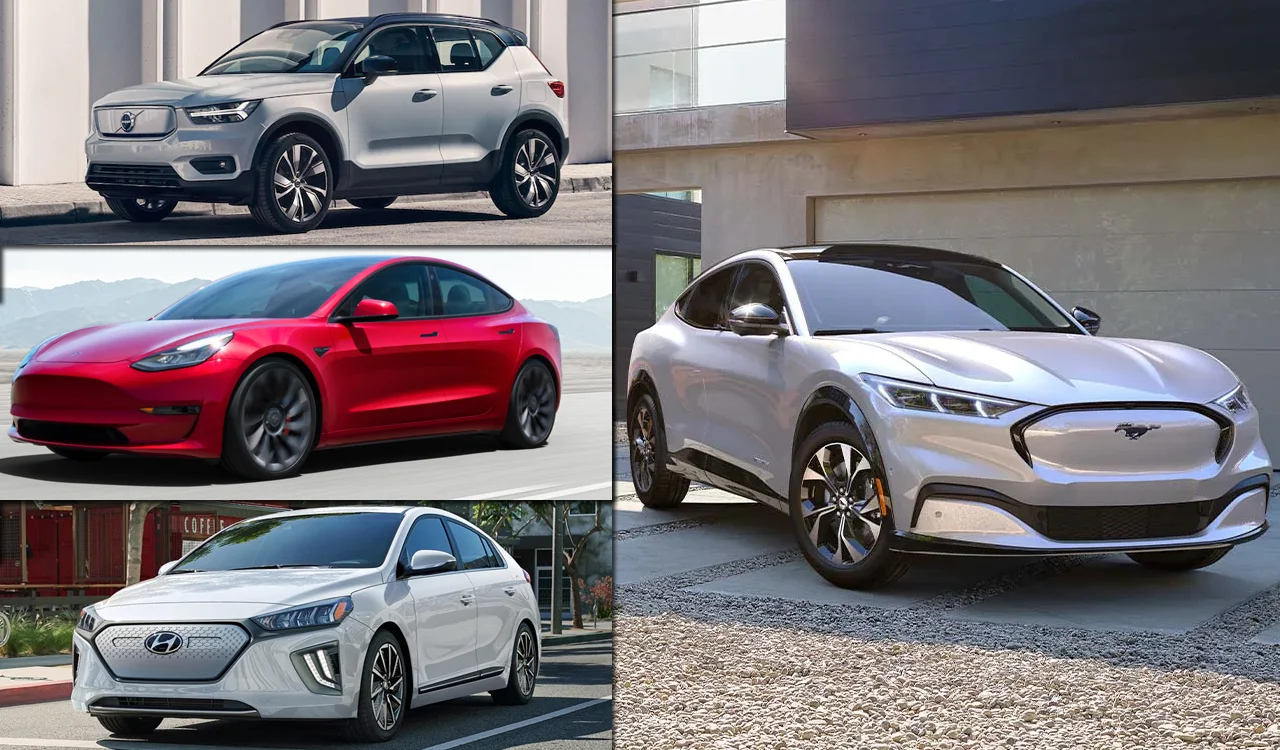In a society where luxury cars symbolize success, the desire to own one can be strong. But before diving into luxury car ownership, it’s crucial to consider if it fits your finances. Luxury cars come with ongoing expenses beyond the initial purchase that can affect your financial stability.
Dreaming of driving a luxurious car? Before you jump in, let’s get real. This article dives into what you need to think about to see if a luxury car fits comfortably in your budget.
1. Initial Cost
The price tag of a luxury vehicle can be intimidating, frequently surpassing that of conventional automobiles. Before committing to a purchase, conduct a comprehensive evaluation of your finances to ensure that you can comfortably manage the down payment and subsequent monthly installments. It is vital to strike a delicate equilibrium between acquiring a coveted luxury car and selecting a financial plan that does not overextend your budget unduly.
Exploring various financing avenues can assist in spreading out the initial expense over a more manageable timeframe. Considering the financial implications of luxury car ownership, exploring options such as a G Wagon rental might provide a more financially viable solution for those desiring the experience without the long-term commitment.
2. Maintenance and Repairs

Luxury automobiles typically entail higher maintenance costs owing to their sophisticated technology and specialized components. Keeping up with regular maintenance on your fancy car, like oil changes, tire rotations, and check-ups, can cost a bit more than a regular car.
Suggestion: 9 Most-Affordable Luxury Cars With Massage Seats
Additionally, repairs for luxury cars often necessitate specialized expertise and components, resulting in escalated labor and replacement charges. Consider whether you possess the financial flexibility to cover these ongoing expenditures without compromising your financial stability. Establishing a dedicated maintenance fund can serve to alleviate the impact of unforeseen repair costs.
3. Insurance Premiums
Insurance coverage for luxury vehicles tends to command a premium compared to standard car insurance due to their elevated value and repair costs. The cost of your car insurance isn’t just random! Lots of things can affect it, like what kind of car you drive, how safe a driver you are, and even where you live.
Before procuring a luxury vehicle, solicit insurance quotations to gauge their potential impact on your financial framework. Ensure that you can comfortably accommodate the insurance premiums to safeguard your investment adequately. Exploring diverse insurance providers and policy options can aid in striking a balance between comprehensive coverage and financial feasibility.
4. Depreciation
Luxury cars depreciate quicker than non-luxury ones. Depreciation means they lose a bigger chunk of their price over time. While depreciation rates may vary contingent on the make and model, it is crucial to comprehend how they may affect your long-term financial outlook.
Reflect upon whether you are at ease with the potential diminishment in value over time and whether it aligns with your financial aspirations. Delving into research on depreciation rates for distinct luxury car models can empower you to make an enlightened decision regarding the vehicle that best suits your budgetary constraints and preferences.
5. Lifestyle Considerations
Ownership of a luxury vehicle transcends mere fiscal considerations; it also reflects your lifestyle and priorities. Consider whether the associated expenses of owning a luxury car are congruent with your broader financial objectives, such as retirement savings, homeownership, or investment endeavors.
Also Check: 7 Cute Cars For Girls You Can Buy in 2024
Striking a harmonious balance between indulging in the luxury of a high-end vehicle and upholding financial prudence is imperative. Assessing your overall spending patterns and priorities can illuminate whether a luxury car harmonizes seamlessly with your lifestyle.
6. Opportunity Cost
In evaluating your capacity to afford a luxury vehicle, contemplate the opportunity cost of allocating resources towards this acquisition. Could the funds be channeled more effectively elsewhere, such as investing in assets with higher potential returns or extinguishing high-interest debts?
Scrutinize whether ownership of a luxury car aligns with your overarching financial strategy and whether it augments your long-term financial well-being. Undertaking a meticulous cost-benefit analysis can aid in weighing the potential advantages of luxury car ownership vis-à-vis alternative utilization of financial resources.
7. Emergency Fund
Safeguarding an emergency fund is paramount for navigating unforeseen financial adversities, such as unemployment or medical emergencies. Before acquiring a luxury vehicle, ascertain that you have established an adequate emergency fund to address unforeseen expenses without resorting to high-interest debt or depleting your savings.
Reflect upon the magnitude of your emergency fund vis-à-vis your monthly expenses and the potential costs associated with luxury car ownership. Maintaining a robust emergency fund can furnish a sense of assurance and financial resilience amidst life’s uncertainties.
Conclusion
Owning a luxury vehicle is more than just a symbol of prestige; it’s a significant financial commitment. Before purchasing one, carefully evaluate your finances, considering factors like initial cost, maintenance, insurance, depreciation, lifestyle, opportunity cost, emergency savings, and future expenses. This assessment will help you determine if owning a luxury car aligns with your financial stability and long-term goals.







